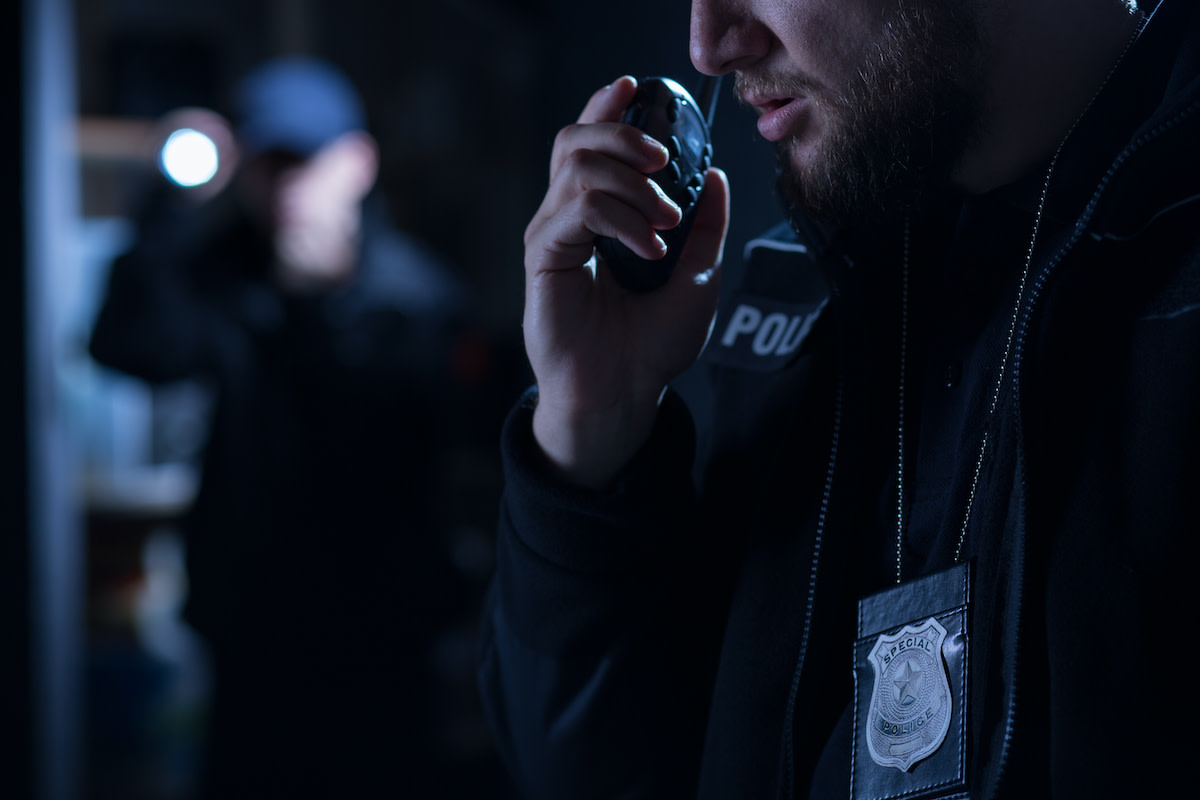Police Procedurals Explained: How to Write a Police Procedural
Written by MasterClass
Last updated: Aug 17, 2021 • 3 min read
The police procedural is a subgenre of detective fiction that focuses on police work and investigations. Discover more about this subgenre by exploring examples in TV and books.
Learn From the Best
What Is a Police Procedural?
The police procedural is a subgenre of detective fiction that focuses on police work and investigations. This form of crime fiction is popular across a variety of mediums, including mystery novels, TV series, and films.
In police procedurals, the lead characters seek to solve a crime—most commonly a murder mystery. Stories in this subgenre typically follow law enforcement officers or private investigators as they track down criminal suspects. Depending on the detective story, the plot may revolve around crimes of passion or serial killers.
5 Examples of Police Procedurals
To learn more about police procedurals, explore some of these examples in TV and fiction.
- 1. Dublin Murder Squad (2007–2020) by Tana French: This book series follows various Irish detectives as they investigate harrowing murders.
- 2. CSI: Crime Scene Investigation (2000–2015): Over the course of 15 seasons, this iconic TV show followed a task force in Las Vegas dedicated to solving a wide variety of crimes. The series was so popular it prompted several spinoff shows including CSI: Miami and CSI: NY.
- 3. 87th Precinct (1956–2005) by Evan Hunter: Influenced by the classic TV show Dragnet, Evan Hunter (who often wrote under the pen name Ed McBain) published this long-running book series that followed a group of detectives in New York City. The books were later adapted into a TV series.
- 4. Law & Order (1990–2010): Inspired by real-life crimes, each episode in this police procedural TV series follows both the police investigation and legal trial of a different case.
- 5. Bosch (2014–2021): Based on Michael Connelly’s bestsellers, this cop show follows a detective who works for the Hollywood Division of the LAPD.
How to Write a Police Procedural
Before writing your police procedural, consider these basic steps.
- 1. Research police protocols. To learn about proper police procedures, interview police officers and, if possible, go on a ride-along with your local police department. To avoid becoming overwhelmed with research, define the length of time you want to devote to this phase. Setting a timeline of a few weeks or months can help relieve the pressure of needing to know everything before you start writing.
- 2. Develop your main character. Determine whether your protagonist is a seasoned homicide detective or an amateur detective. Depending on the scope of your story, your main character may work with a local police force or a government agency like the FBI. Establishing a backstory will also help you determine their worldview and how they approach their work.
- 3. Choose a familiar setting. Police procedurals are deeply influenced by their specific settings. Choose a setting that you’re familiar with—whether rural, urban, or suburban—and use your knowledge of this place to infuse the world of your story with authenticity.
- 4. Outline a crime plot. Police procedurals are often plot-driven. Devise a complex and surprising crime to center your story around.
- 5. Define the tone. Although many police procedurals take a realistic and gritty approach with their tone, you can decide for yourself whether your story is best suited for comedic elements, dramatic elements, or a combination of both.
- 6. Write your first draft. Once you’ve laid out a plan for your police procedural, dive into your first draft. Avoid putting pressure on yourself to make it perfect and instead focus on simply finishing a rough draft.
- 7. Step away from your first draft. Once you’ve completed your first draft, take some time away from the work—ideally a few weeks—so you can return to it with fresh eyes.
- 8. Revise your draft. Try different approaches to self-editing to find one that works for you. For example, try printing out your script or novel or reading the work aloud. Once you have a shareable draft, consider sending it to a reader with knowledge of police procedures for feedback.
Want to Learn More About Writing?
Become a better writer with the MasterClass Annual Membership. Gain access to exclusive video lessons taught by the world’s best, including James Patterson, Neil Gaiman, Walter Mosley, Margaret Atwood, Joyce Carol Oates, Dan Brown, and more.
